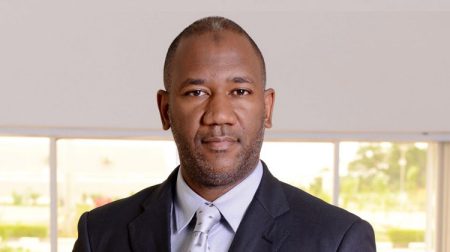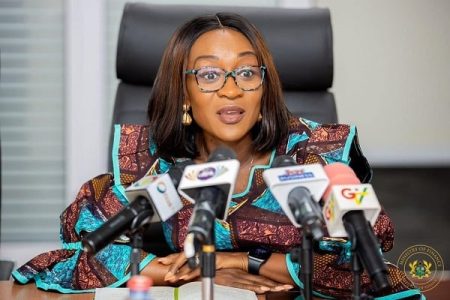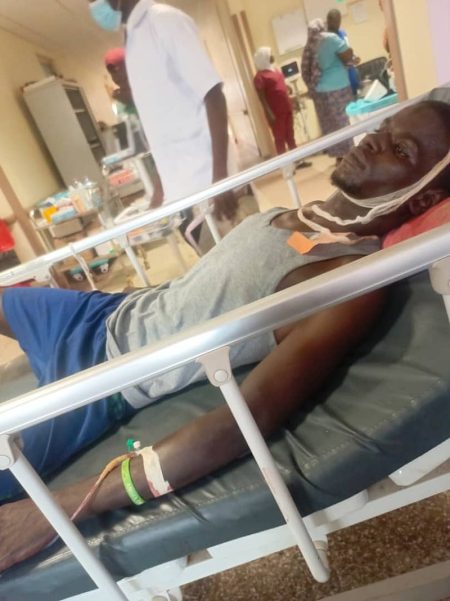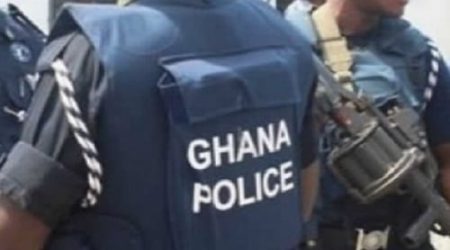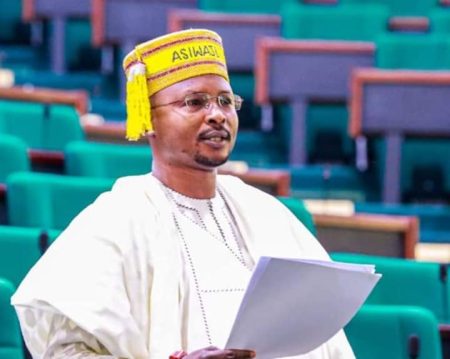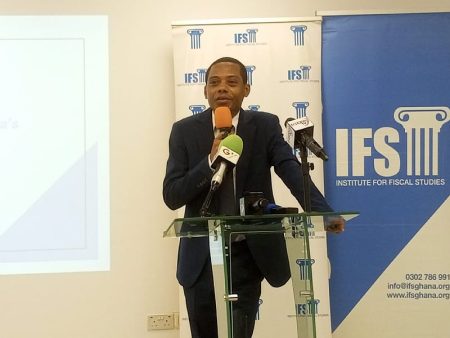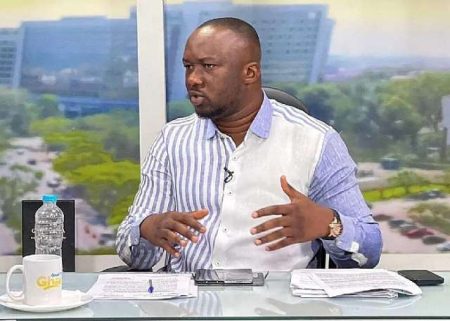The Ablekuma North constituency by-election rerun, held on July 11, 2024, was intended to resolve the electoral impasse caused by violence and irregularities during the initial 2024 general elections. However, the rerun itself was marred by similar disruptions, raising concerns about the efficacy and fairness of the electoral process in the constituency. The incidents of violence and intimidation witnessed during both the initial election and the subsequent rerun highlight the persistent challenges Ghana faces in ensuring peaceful and transparent elections. The involvement of prominent political figures in the disturbances further underscores the need for stronger mechanisms to hold individuals accountable for their actions and prevent the recurrence of such incidents in future elections.
The presence of Hawa Koomson, the former MP for Awutu Senya East and a prominent figure in the ruling New Patriotic Party (NPP), at the Ablekuma North by-election rerun became a focal point of controversy. Her arrival at the polling station was met with protests from constituents, who questioned her presence in a constituency outside her jurisdiction. This immediately created a tense atmosphere, with the potential for escalation. Critics argue that her presence was unnecessary and provocative, given her past association with election-related violence, including a well-publicized incident in 2020 where she admitted to firing a gun at a registration center. Her presence at the Ablekuma North rerun, they argue, was a potential trigger for the unrest that followed.
Victor Kojoga Adawudu, a member of the opposition National Democratic Congress (NDC) legal team, criticized Koomson’s actions, suggesting that she should have recognized the escalating tension and left the area to de-escalate the situation. Adawudu questioned her judgment, emphasizing that her presence, given the existing atmosphere of distrust and her past record, was likely to exacerbate tensions. He also raised questions about reports that she had used pepper spray during the confrontation, questioning the necessity of bringing such an item to a polling station. This action, he argued, further contributed to the chaotic situation, particularly given the already heightened tensions and suspicions surrounding her presence.
The ensuing confrontation involved reports of Koomson using pepper spray, an action she reportedly claimed was in self-defense. This incident raises several critical questions about the security measures in place during the election. Firstly, it highlights the potential for individuals to bring disruptive or even dangerous items to polling stations, underscoring the need for enhanced security checks. Secondly, the use of pepper spray, regardless of the claimed justification, underscores the potential for rapid escalation of tensions in a volatile environment like a contested election. This incident reinforces the need for a comprehensive review of security protocols at polling stations to ensure the safety of voters, electoral officials, and other stakeholders.
The victory of the NDC candidate, Ewurabena Aubynn, in the rerun offers a semblance of closure to the protracted electoral process in Ablekuma North. However, the controversies surrounding the election, including the violence and allegations of intimidation, cast a long shadow over the outcome. The incidents raise serious questions about the credibility and transparency of the electoral process, undermining public confidence in the integrity of elections in Ghana. The need for electoral reforms and strengthened security measures to prevent future occurrences of violence and intimidation is undeniable.
The Ablekuma North by-election rerun serves as a stark reminder of the fragility of democratic processes and the importance of maintaining peace and order during elections. The incidents of violence, intimidation, and the controversial role played by prominent political figures necessitate a thorough investigation and a commitment to addressing the underlying issues that fuel electoral violence. The focus should be on ensuring that future elections in Ghana are conducted in a free, fair, and peaceful manner, upholding the principles of democracy and safeguarding the right of all citizens to participate in the electoral process without fear or intimidation. The events in Ablekuma North should serve as a catalyst for positive change, prompting a comprehensive review of electoral laws, security protocols, and the role of political actors in maintaining a peaceful and transparent electoral environment.






